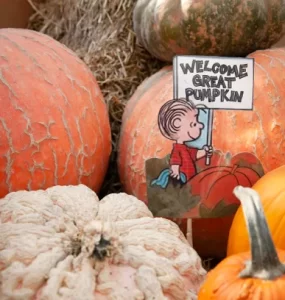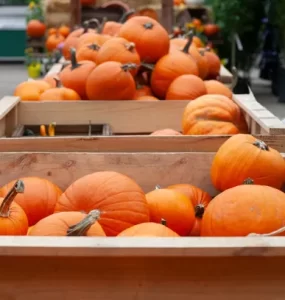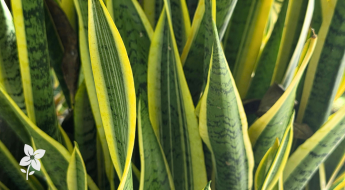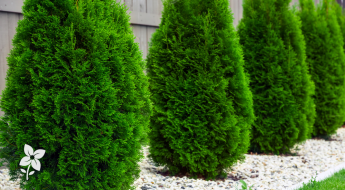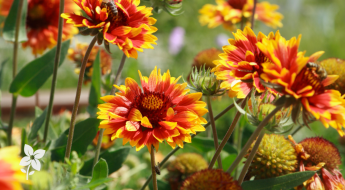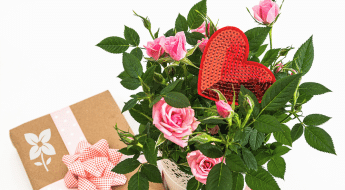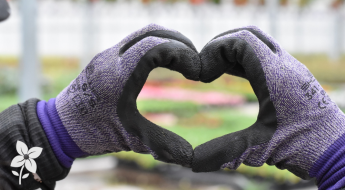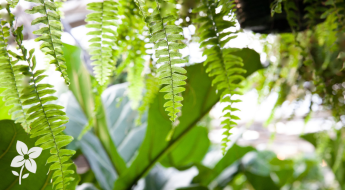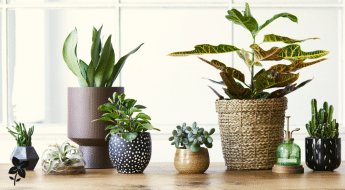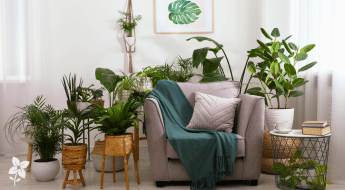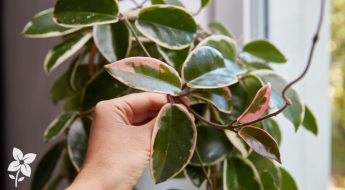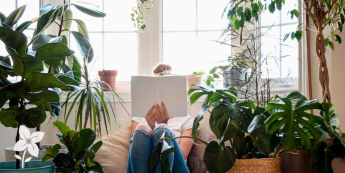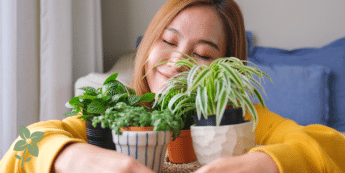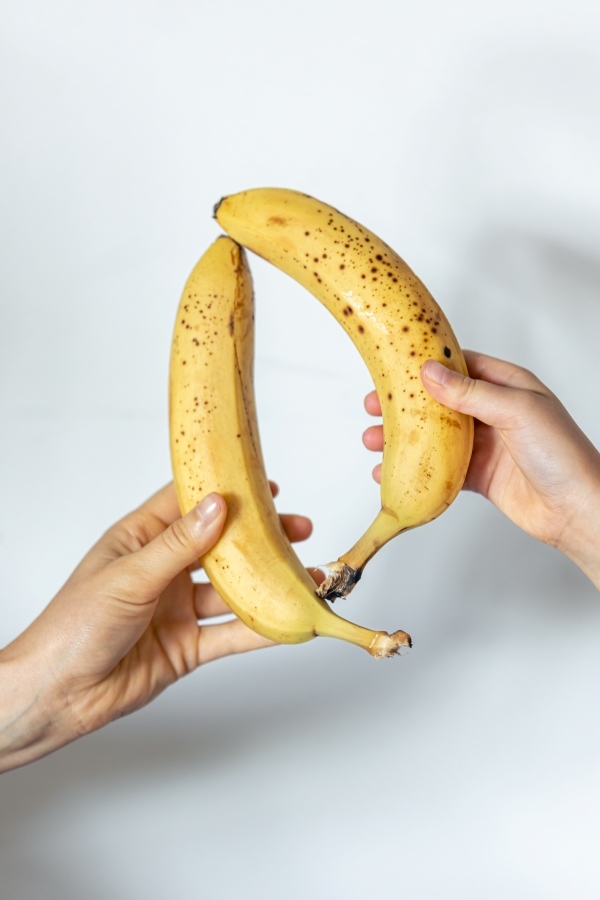
You might have come across ethylene gas in everyday life. It’s the same substance that makes fruits ripen quicker when they’re kept close to ripe bananas. But here’s something more fascinating – ethylene might just be a game-changer for plant growth too!
In a study published in July 2023, Brad Binder from the University of Tennessee shared some groundbreaking findings. His research suggests that seeds germinated in darkness and exposed to ethylene gas tend to grow into stronger, larger plants. Click here to read his original article.
Now, keep in mind, this is cutting-edge science. It’s not widely known or used in everyday gardening just yet. But that gives us, the gardening enthusiasts, an exciting opportunity to experiment!
Typically, we germinate seeds in two main ways: planting directly into soil or starting them in a moist paper towel inside a bag, placed in a warm spot with partial sunlight. This year, let’s shake things up a bit with ethylene.
To conduct your own experiment, you’ll need two sets of seeds. One set, the control group, is your standard germination process. The other set, the treatment group, gets the ethylene exposure.
Here’s how to go about it: Start germinating your seeds in total darkness and introduce them to ethylene gas for a few days. A simple way to do this is by placing a ripe banana in the germination environment, whether it’s in soil or alongside your damp paper towel and seeds in a bag. After a few days, remove the banana and let the seeds get some light.
According to Binder’s research, the ethylene-exposed plants should show more robust growth, develop complex root systems, and grow faster throughout their life. They might even be better at handling the usual stresses that plants face.
So, why not try this experiment in your garden? It’s a great way to explore the frontiers of plant science right at home!


